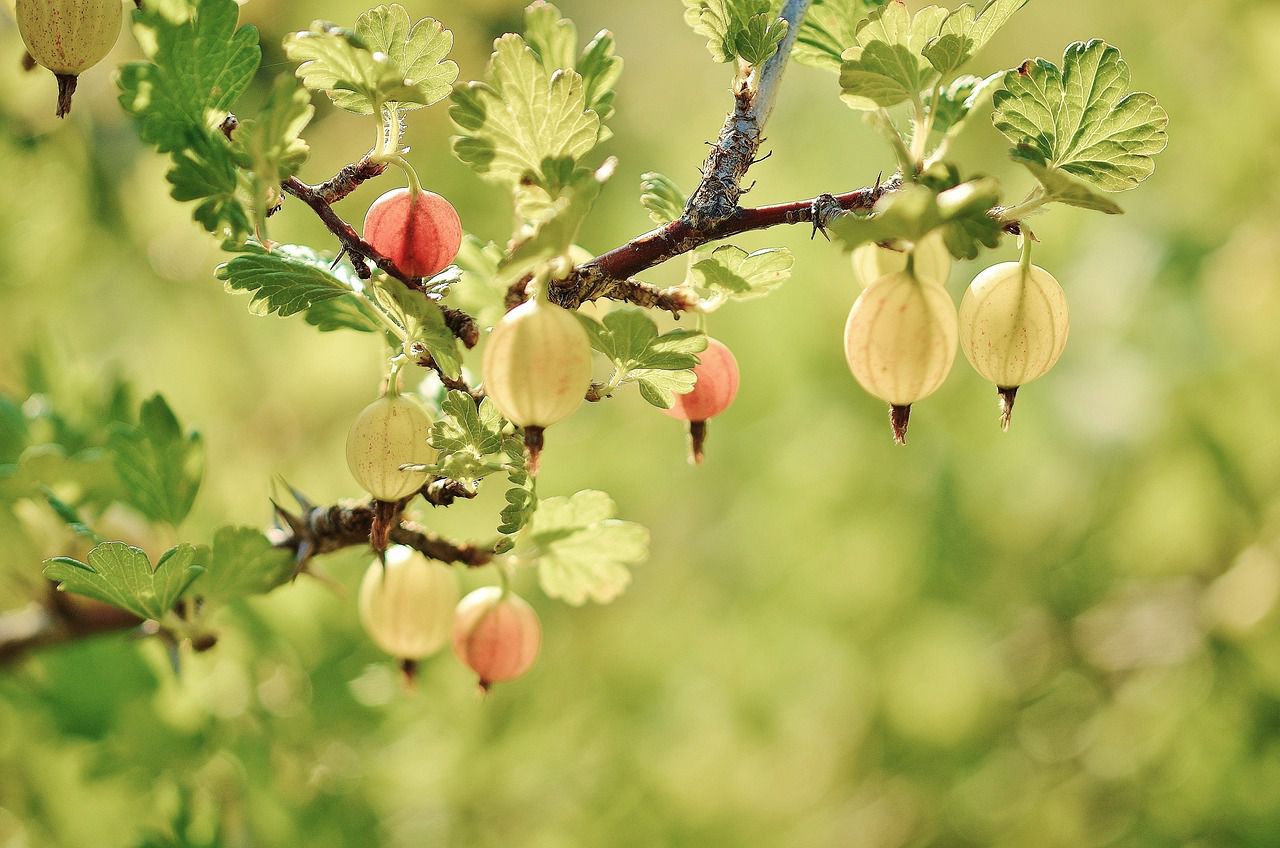Popular misconceptions about gardening and gardeners: It's not what it looks like
Most hobbies are surrounded by various misconceptions and myths.
Popular misconceptions about gardeners and gardening often arise from stereotypes, lack of understanding, or outdated perceptions.
Here are some common misconceptions.
Gardening is Easy and Anyone Can Do It
While gardening can be incredibly rewarding, it requires knowledge, skill, and consistent effort.
Successful gardening involves understanding plant needs, soil health, climate conditions, and proper maintenance.

Gardeners Have Unlimited Free Time
Gardening demands dedicated time and attention, especially during planting, weeding, and harvesting seasons.
It's not a low-effort activity that can be done casually.
Gardening is Only for Elderly People
Gardening is enjoyed by people of all ages. It offers physical exercise, mental relaxation, and a connection to nature that appeals to individuals of different backgrounds and life stages.
Gardeners Have Large Yards
You don't need a large yard to be a gardener.
Urban dwellers use containers, vertical gardening, and small spaces to cultivate plants indoors or on balconies.
Gardeners Must Have Extensive Plant Knowledge
While plant knowledge is beneficial, it's not a prerequisite.
Gardening is a learning process, and many people start with basic plants before expanding their expertise.
Gardeners Only Garden in Spring and Summer
Gardening activities extend beyond warmer months.
Gardeners plan, prepare, and maintain their gardens year-round, including winterizing and early spring tasks.
Gardeners Use Harmful Chemicals
Many gardeners prioritize environmentally friendly and organic practices.
Chemical pesticide and fertilizer use can be minimized or avoided through natural alternatives.

